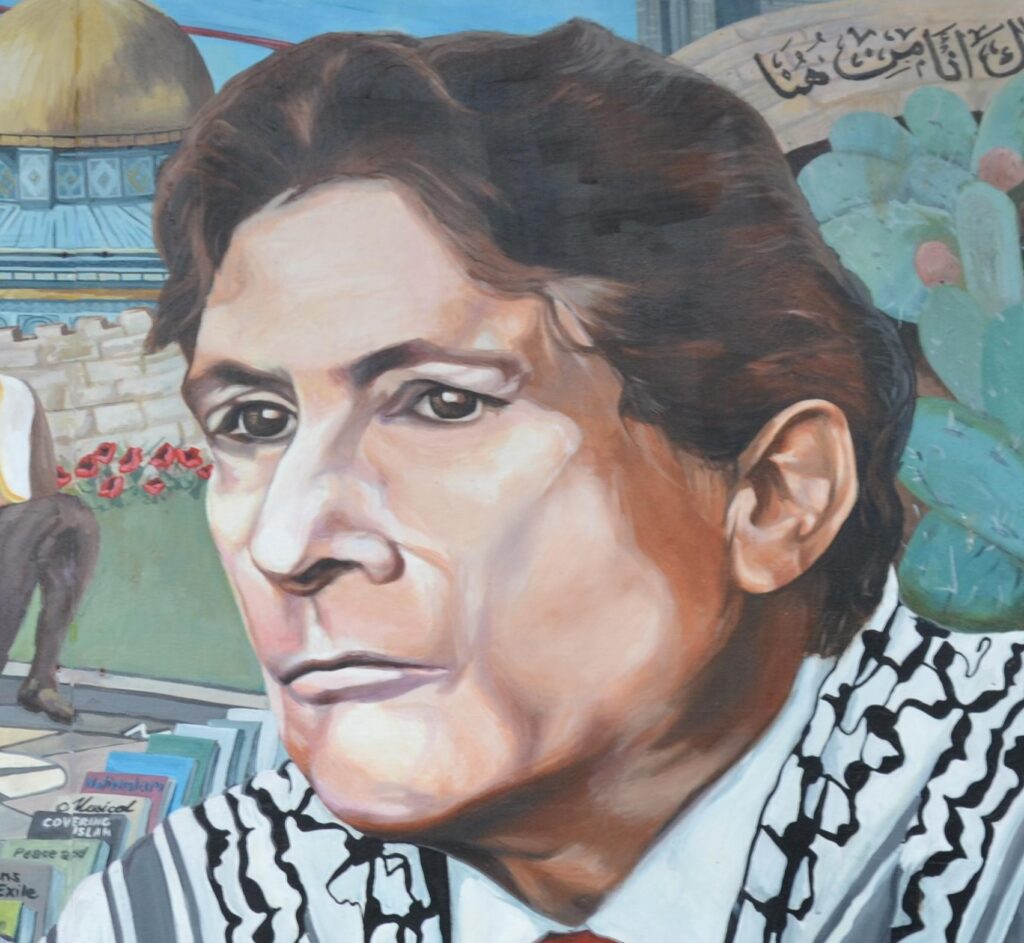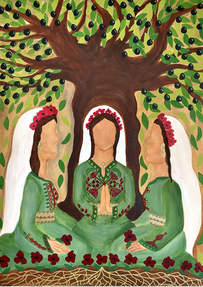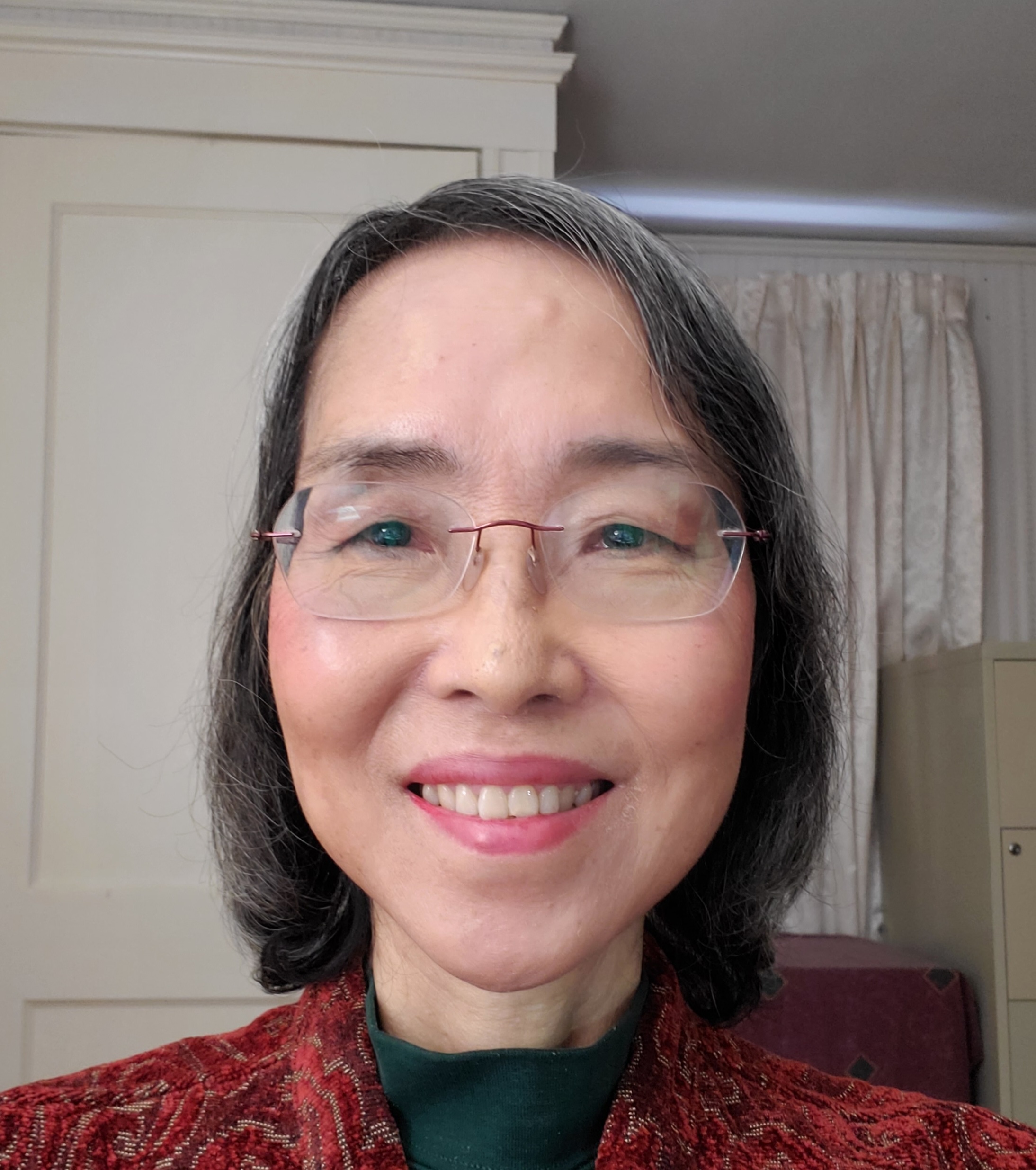
In the spring of 2024, I taught a doctoral seminar on “Postcolonial Theory and Theology” at Emory University. The student protests against the war in Gaza across the United States and in other countries provided the backdrop for the discussion of Edward Said’s book Orientalism. His work was timely as the stereotypes of Middle Eastern people that he criticized in the book were continuously being deployed by Israeli officials and others to justify Israel’s bombing of Gaza and genocidal violence in retaliation to the Hamas attack of October 7. 2023.
A pioneer of postcolonial theory, Said was born in Jerusalem during the British Mandate. His family moved to Cairo in 1947 to avoid the impending political and military crisis with the founding of the State of Israel. Egypt had been under British occupation in the past, and British troops continued to be stationed there to protect Britain’s imperial interests. In The Question of Palestine, Said linked the ideology of Zionism to European colonialism. He wrote, “There is an unmistakable coincidence between the experiences of Arab Palestinians at the hands of Zionism and the experiences of those black, yellow, and brown people who were described as inferior and subhuman by nineteenth-century imperialists” (68-69). He associated the Palestinian national movement with anticolonial struggles in other parts of the world.
During the war in Gaza, many nations in the Global South stood in solidarity with the Palestinians and demanded a ceasefire and an end to the siege of Gaza. They criticized the hypocrisy of western leaders, who have said that they champion human rights, but had done little in this case to exert more pressure to stop the war. South Africa brought a case to the International Court of Justice, charging that Israel was committing genocide in Gaza. Turkey later joined the world court genocide case against Israel. Many leaders of Christian and other religious communities spoke out to support a ceasefire and called for prayers for peace. For example, the World Council of Churches issued a statement in June 2024 calling for a permanent ceasefire and asking churches to support the people of Gaza through prayers and actions. It reiterated that justice is the foundation for sustainable peace and reconciliation.
Some church leaders and theologians have linked the Palestinian struggle for justice and freedom to the Global South’s broader social and political movements. The late Archbishop Desmond Tutu was outspoken in criticizing Israel’s treatment of Palestinians. He compared Israel to the apartheid regime that discriminated against Blacks in South Africa. After witnessing the systemic humiliation of Palestinian people, he said, “Their humiliation is familiar to all black South Africans who were corralled and harassed and insulted and assaulted by the security forces of the apartheid government.” He was a prominent supporter of the boycott, divestment, and sanction movement to compel Israel to change its policies. He insisted that we could not turn a blind eye to injustice and emphasized that everyone is equal before God. “It doesn’t matter where we worship or live. We are members of one family, the human family, God’s family.”
During the war in Gaza, many nations in the Global South stood in solidarity with the Palestinians and demanded a ceasefire and an end to the siege of Gaza.
Archbishop Tutu was criticized as anti-Zionist and antisemitic because of his sharp criticism of Israel. He realized that some people, especially those in the Jewish community, were enraged by his comparison of Israel to the South African apartheid regime. But he did not back down. As a Black South African church leader, he was less burdened with the post-Holocaust guilt that tripped up many church leaders in the west. He wrote in the “Foreward” to Naim Stifan Ateek’s A Palestinian Christian Cry for Reconciliation, “For those of us who lived through the dehumanizing horrors of the apartheid era, the comparison seems not only apt, it is also necessary. It is necessary if we are to preserve in our hope that things can change” (xi). He held onto the hope that if the evil apartheid system in South Africa could be changed, transformation could also happen in Palestine.
Leading South African church leaders continued to criticize the oppression of Palestinians. In September 2023, the Anglican Church of Southern Africa declared Israel an apartheid state. Archbishop Thabo Makgoba said, “As people of faith who are distressed by the pain of the occupation of the West Bank and Gaza—and who long for security and a just peace for both Palestine and Israel—we can no longer ignore the realities on the ground.” When the South African Zionist Organization labeled the declaration “antisemitic,” the Anglican church said it did not target the Jewish people, but the policies of the Israeli government, which had gone more extreme. After the bombing of Gaza began, Archbishop Makgoba condemned the Hamas attack on Israel and the escalating levels of fighting and destruction, leading to mass civilian casualties. With the Anglican Archbishop of Jerusalem, Hosam Naoum, he called for an immediate ceasefire and the establishment of humanitarian corridors into Gaza to facilitate the provision of food, water, electricity, and medical supplies.
Archbishop Tutu held onto the hope that if the evil apartheid system in South Africa could be changed, transformation could also happen in Palestine.
While South African church leaders have compared apartheid policies in Israel and South Africa, other theologians have connected with the Palestinian struggle for land and self-determination. In Asia, ethnic minorities and tribal peoples in Myanmar, Sri Lanka, Northeast India, and West Asia have fought against the dispossession of their land, political oppression, and military violence. For many decades, Sri Lankans saw similarities between the Israeli-Palestinian conflict and the ethno-nationalist strife between the Sinhalese and the Tamils. The Sinhalese government adopted discriminatory policies against the Tamils, and the long civil war claimed hundreds of thousands of lives. In Transpacific Political Theology, Jude Lal Fernando argues that Sinhala Buddhist nationalism, which developed as a reaction to British colonialism, can be compared to political Zionism. He wrote, “As the Jews were accorded the status of Chosen People by the empire in excluding the Muslims, in particular the Palestinians (who are Christians, Muslims, and Jews), the Sinhala Buddhists were made the true heirs of the island excluding the Tamils (who were both Hindus and Muslims). Tamils were seen as invaders who were not only inferior but also did not have a history; while the Sinhala Buddhists, in contrast, had a proper history” (175).
Both in the Middle East and South Asia, British colonialism has contributed to the years of political and religious conflicts that created animosity between peoples. Fernando argues that the liberal suggestion of interreligious dialogue to resolve conflict and promote peace and understanding is futile because it overlooks the political mobilization of religious differences. Mainstream Jewish-Christian dialogue has avoided criticizing political Zionism and the policies of the State of Israel. Similarly, Buddhist-Christian dialogue has been silent or cautious about the oppression of Tamils. For him, political theology that engages in interreligious dialogue must adopt a postcolonial and anti-imperialist stance if it is to stand in solidarity with the oppressed.
Both in the Middle East and South Asia, British colonialism has contributed to the years of political and religious conflicts that created animosity between peoples.
The war in Gaza caused many church leaders and theologians to reflect on Zionism. Christian Zionism is influential among evangelical Christians, including those in the Global South. As an ideology, Christian Zionism advocates the return of Jewish people to their homeland, which is seen as a prerequisite for the Second Coming of Jesus Christ. Rev. Yang Huaien, a leader of the evangelical Macao Bible Institute, asked Christians to reexamine their eschatological beliefs in a news bulletin issued by the Hong Kong Christian Council.

He says that Israel’s indiscriminate bombing of Gaza, killing many people, and the displacement of two million Palestinians from their homes shattered many Christians’ illusion and fantasy about Israel. Christians cannot equate today’s State of Israel with the Kingdom of Israel in biblical times. Jews do not occupy a special position because in Christ, there is no distinction between Jews and Gentiles (Gal. 3:28; Col. 3:11). He further points out Christians have linked the Israeli-Palestinian conflict with the prophecy of the end of time. However we explain these prophecies, Christians should not compromise the Christian core values of justice, compassion, virtue, and righteousness. He notes that many Hong Kong Christians, following the news about the war, criticized the Israeli government and disapproved of the U.S. government’s support for Israel. If churches blindly support Israel, he argues, they will disappoint and anger these Christians, especially the idealistic young people among them. For Yang and other evangelical Christians, the Bible is an important source for theology and ethics. It is important to adopt anticolonial and anti-imperial approaches to biblical interpretation and religious action.
Coincidentally, the World Day of Prayer program in 2024 was written by a group of ecumenical Palestinian Christian women. Hong Kong Christian women and Christians worldwide prayed for justice and peace in Palestine and God’s compassion for the long-suffering people. The theme was “I Beg You. . . Bear With One Another in Love” (Eph. 4:1–3). The prayer service included the stories of three Palestinian Christian women who shared how they responded to Jesus’ calling and witnessed the power of bearing together in love. The cover artwork depicted three Palestinian women in traditional dresses praying under an olive tree, a symbol of abundant and everlasting life and of Palestine. In our troubled times, Palestinian Christian women invite us to walk in love and continue to advocate for freedom, justice, and liberation for all.

